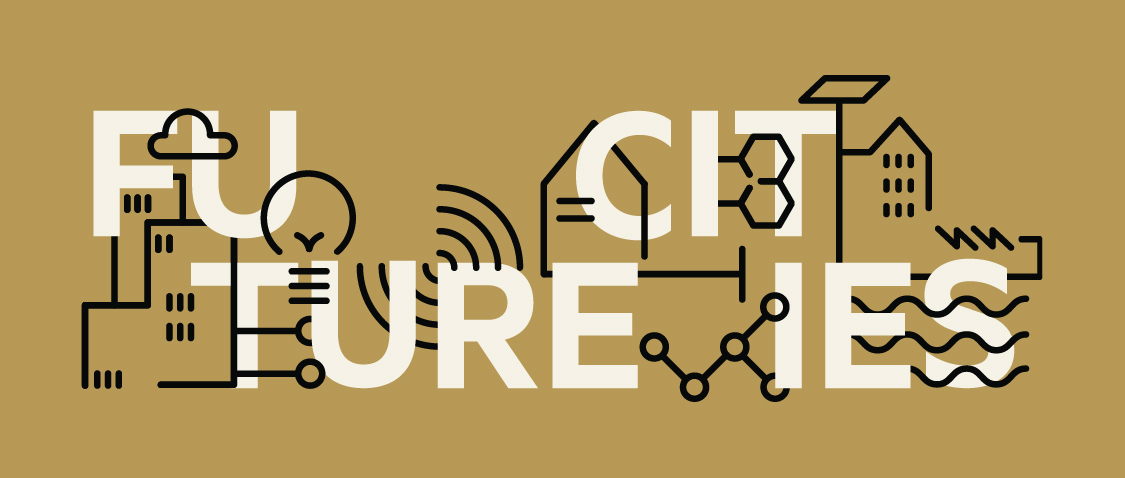
What do we mean when we talk about smart cities?
With over 80% of Canadians living in urban areas – a percentage that is expected to increase – our cities are facing a tremendous pace and scale of change, driven by rapid advances in ‘smart city’ technologies with limitless potential for disruption. Our public infrastructure and essential services are increasingly powered, influenced, or controlled by technology, data, and most recently, decision-making algorithms, which brings to mind questions such as…
Is ‘disruption’ necessarily a good thing, and what will they mean for our economy, culture, and social fabric?
Will artificial intelligence and machine learning algorithms eliminate, or simply perpetuate our existing bias, prejudice, and inequality? Who is included or excluded from the benefits of this new technology?
What the heck are smart cities anyways, and how will we respond and rise to the opportunities and challenges it presents?
To help shed some light on this topic and contribute to the public discourse, Artengine and Impact Hub Ottawa hosted the Future Cities Forum on February 23-24, 2018, bringing together over 250 engaged citizens and the next generation of our civic leadership – 60 youth leaders, students, and young professionals from the technology, social impact, and cultural & creative sectors – to explore and examine possible futures for our cities. We’re publishing this Summary Report that highlights the strongest themes and narratives about smart cities that emerged from our participants:
- Does more digital have to mean less human?
- What happens when we have civic competition?
- What are the ‘terms and conditions’ for my city?
- How worried should we be about artificial intelligence?
- Are smart cities a good or bad thing?
Smart cities is a concept that is still ambiguous and confusing to many, yet critically important to all of us as residents and citizens. Two weeks ago, the City of Ottawa submitted its application to the federal government’s Smart Cities Challenge for a chance at the competition’s top prize of $50M. This proposal, along with those from other municipalities across Canada, will be made public shortly, and will surely spark fundamental questions of ‘what is a smart city’ and ‘what makes us a smart city?’ – a conversation that will rightly extend beyond the timelines of the Challenge.
We believe that these perspectives and insights from young leaders at the Future Cities Forum contribute to the public discourse and help spur a more nuanced dialogue around smart cities by providing an informed and thoughtful set of considerations for anyone – elected officials and public servants, civil society and community organizations, technology companies and regular citizens – working to better understand, co-create, and lead our future cities.
Future Cities Forum – Summary Report
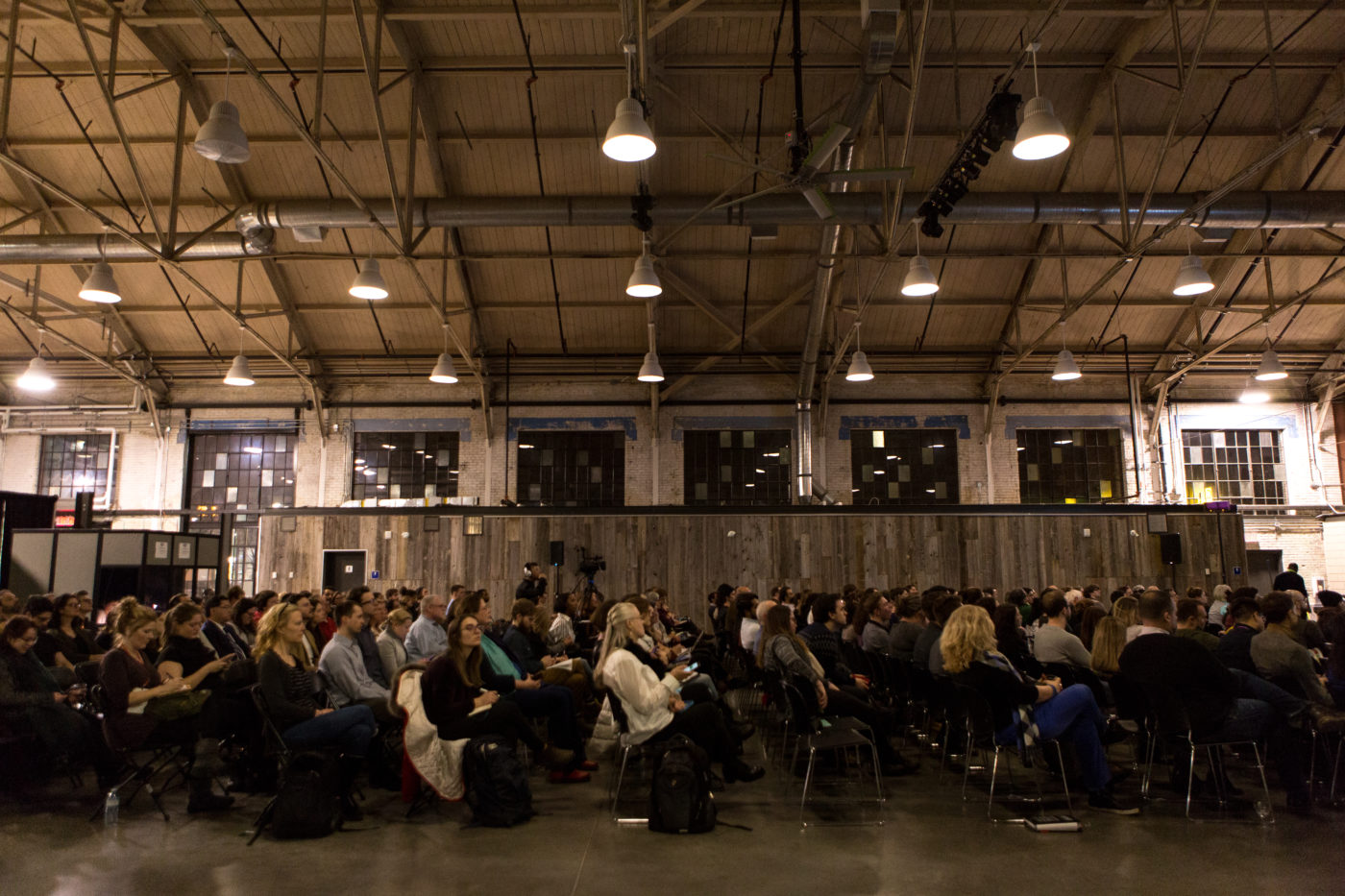
Future Cities Forum keynote speakers event
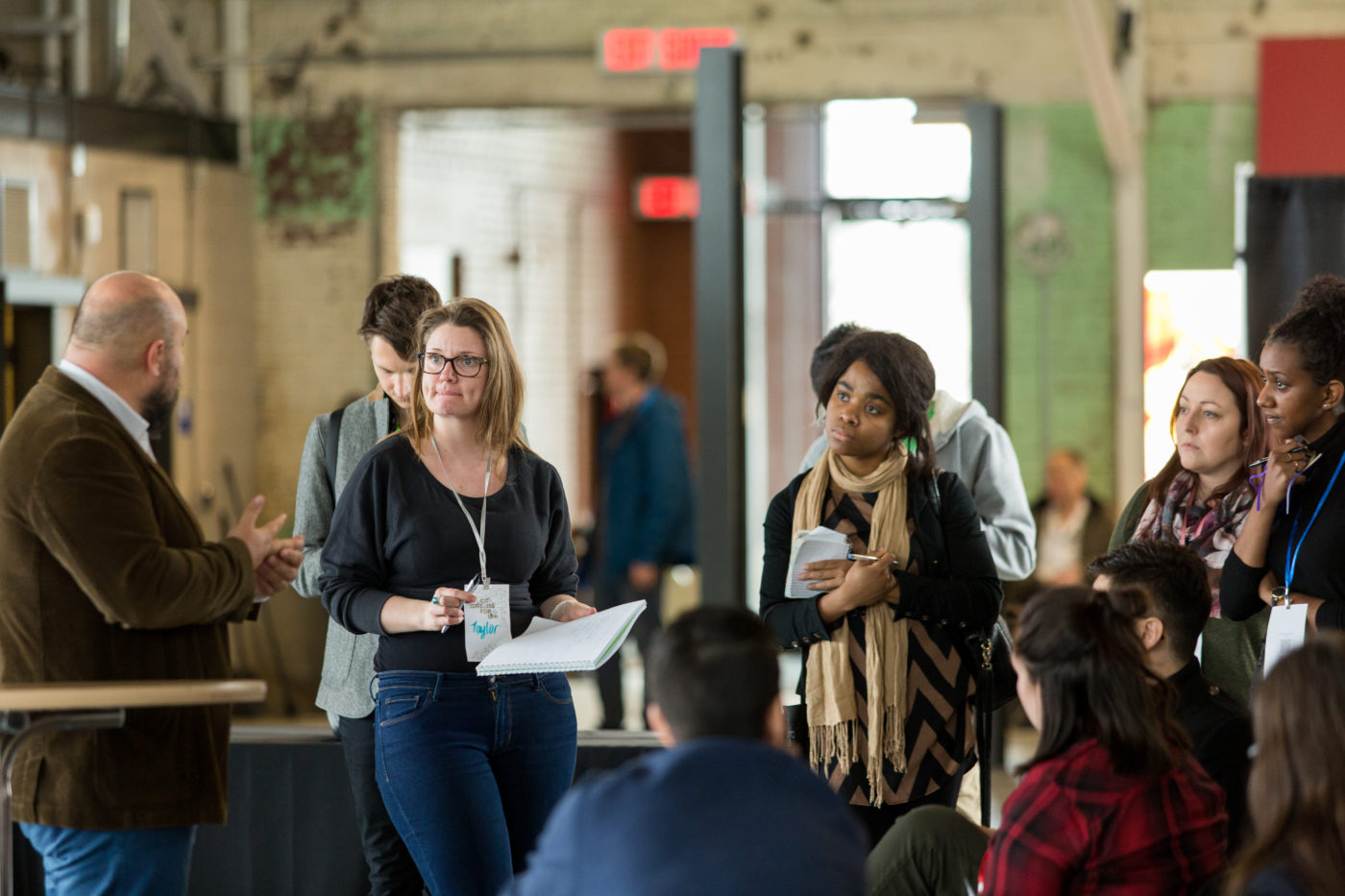
Participants at Future Cities Forum
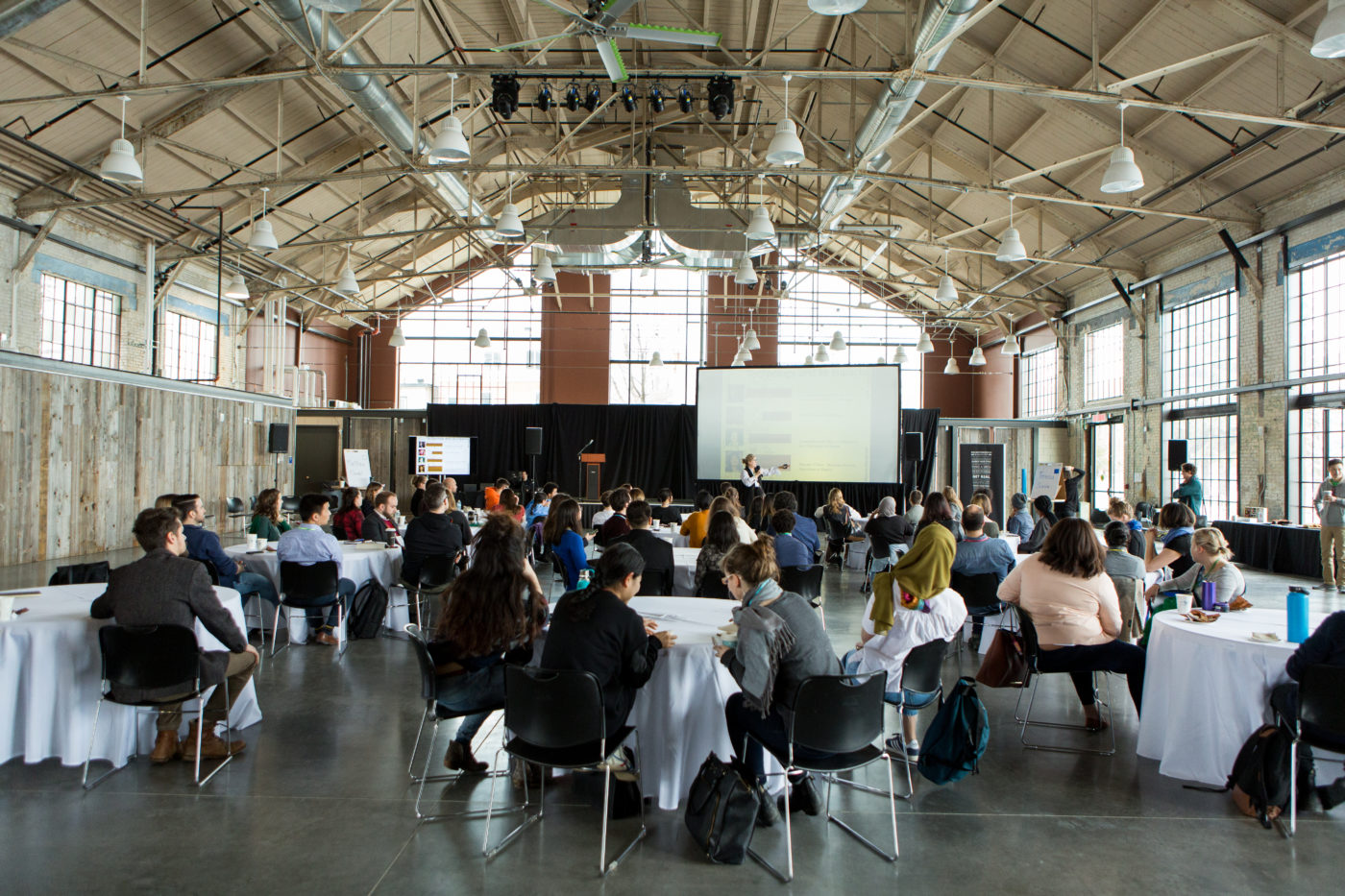
Participants at the Future Cities Forum
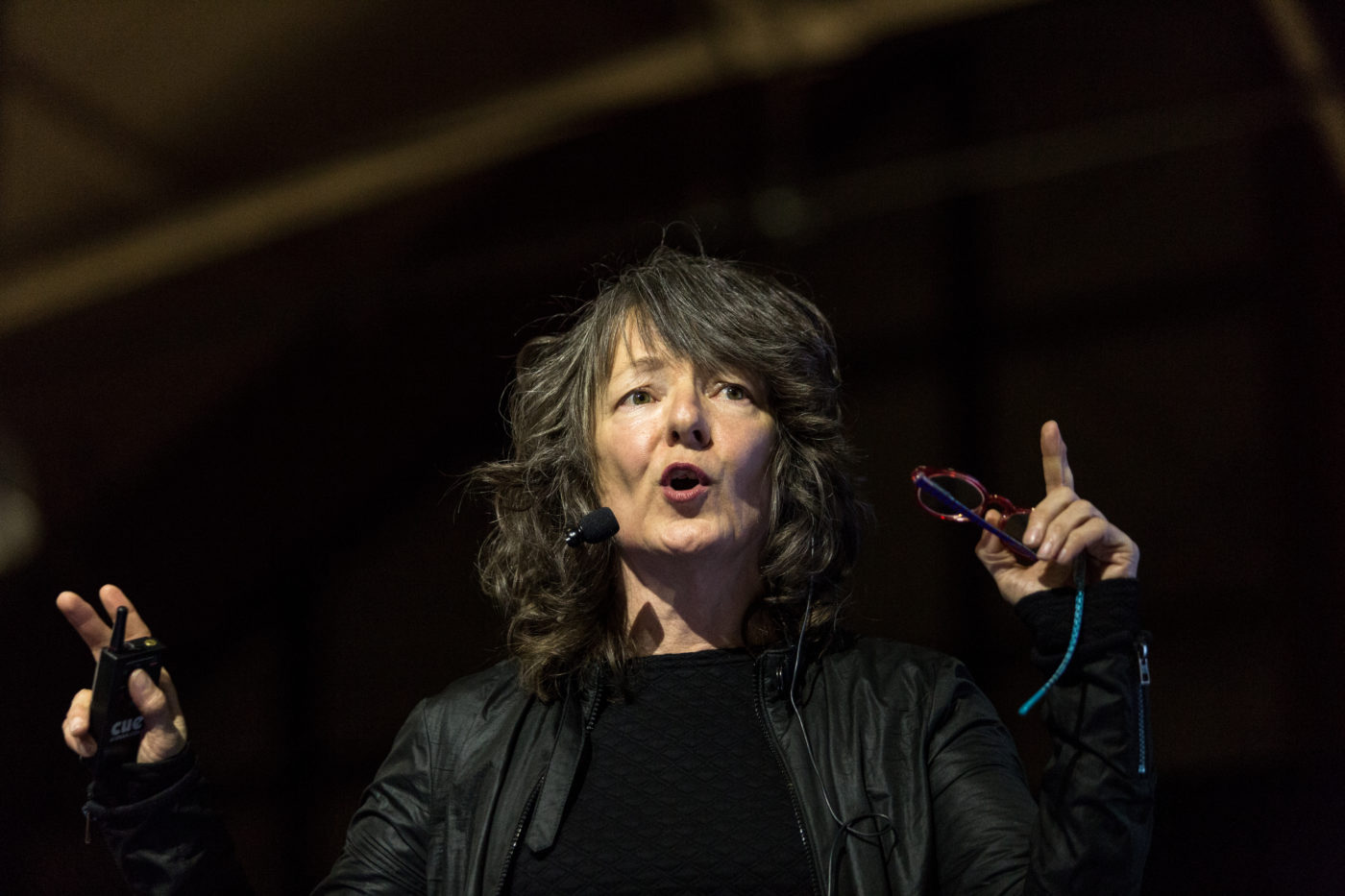
Keynote Speaker Tracey Lauriault
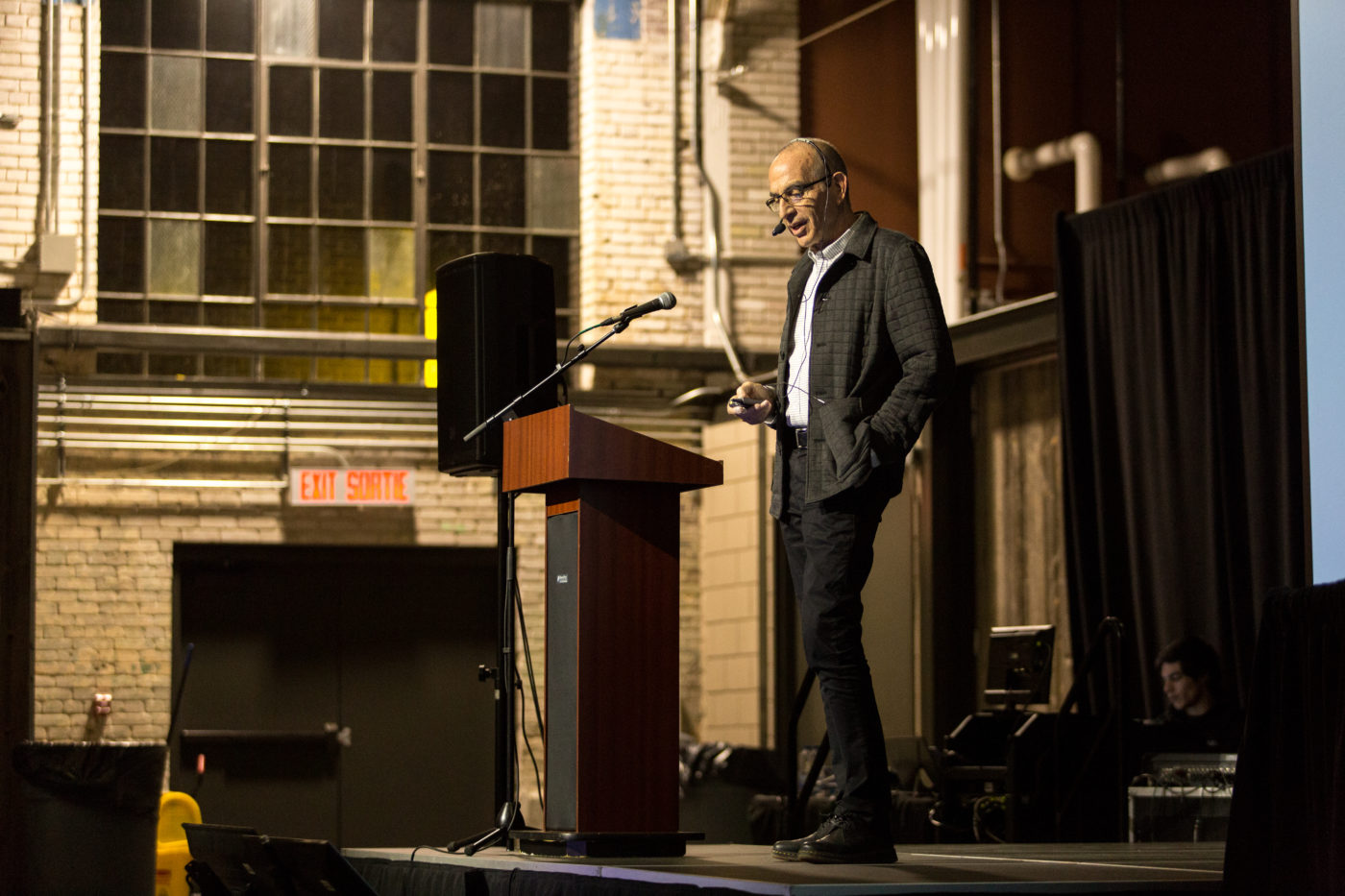
Keynote speaker Ken Greenberg
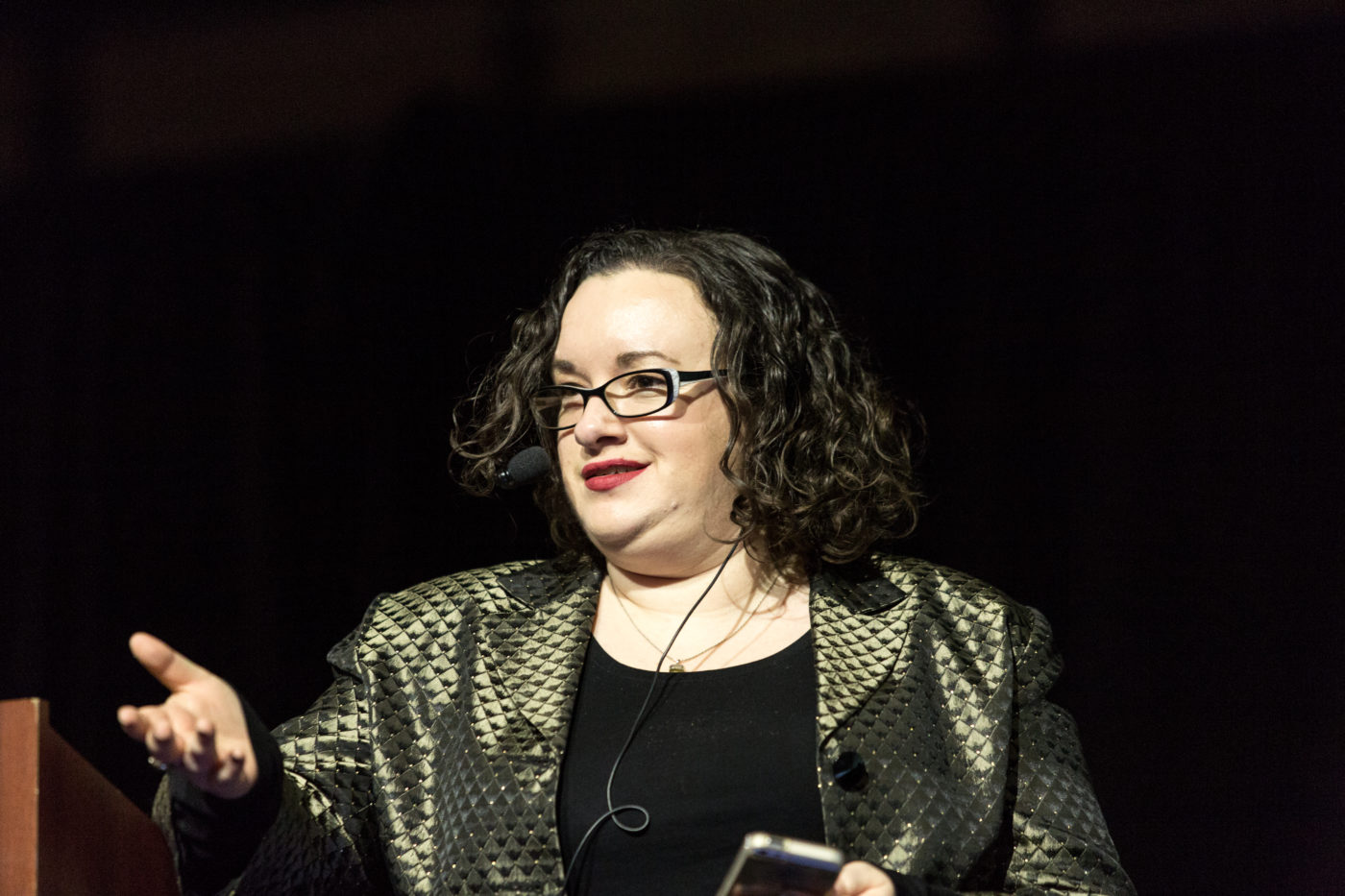
Keynote speaker Madeline Ashby
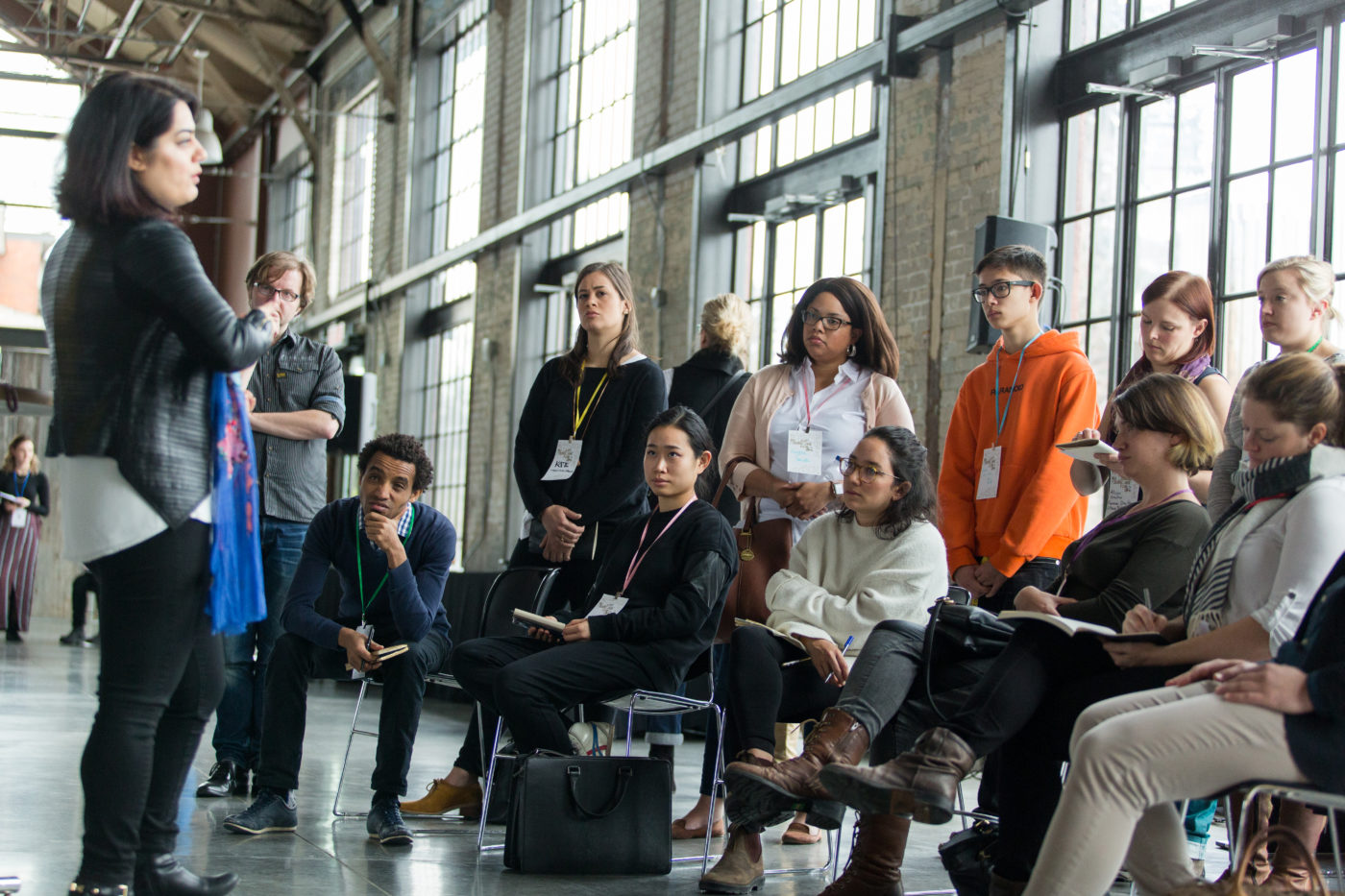
Participants at Future Cities Forum
Photo credit Christopher Snow